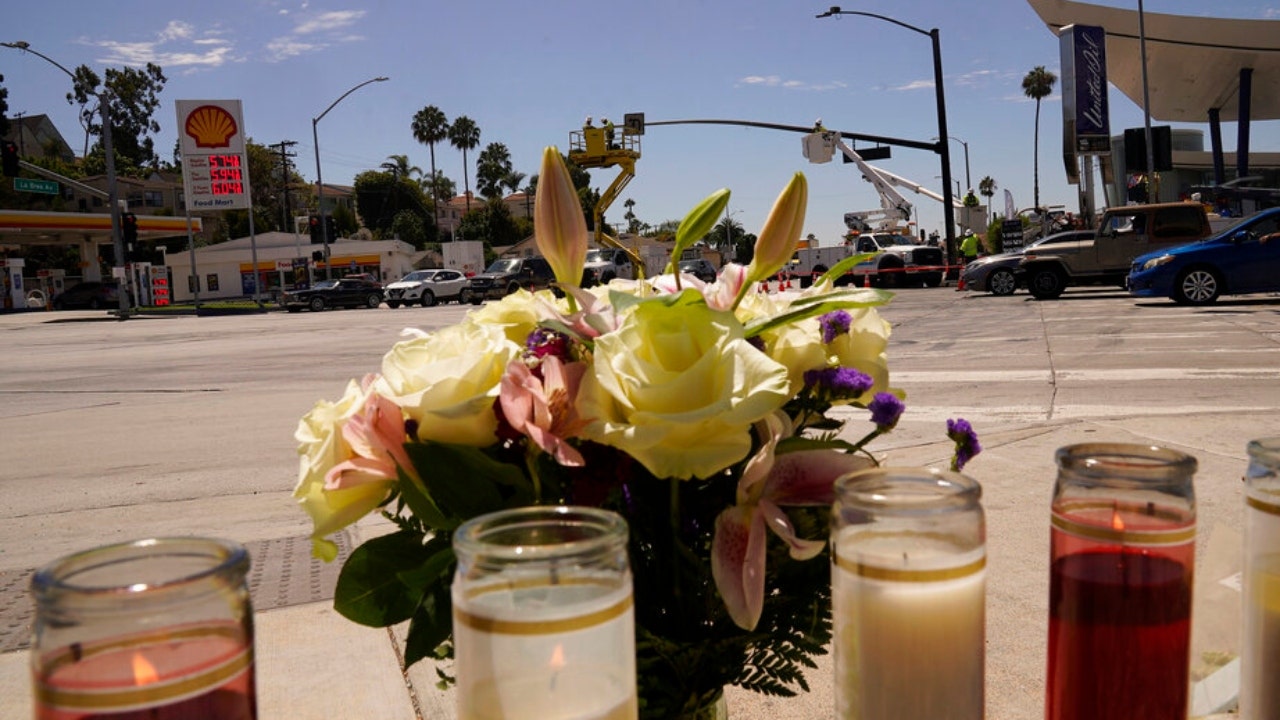That sounds like the basis for an interesting discussion.
I've said it a hundred times on here, most of the time I get insults.
Basically it works like this:
The is from the House debating a clause of what would become the Second Amendment.
"but no person religiously scrupulous shall be compelled to bear arms." This was essentially tacked onto the end of what would, more or less, become the 2A. They got rid of it eventually.
My point here is that the right to bear arms is the right to be in the militia. Or, in other words, the US federal government cannot stop individuals from being in the militia.'
It's how you protect the militia. If the government can't stop individuals from having guns, and can stop those armed individuals from being in the militia, then they can't destroy the militia.
If the term "bear arms" would mean "carry arms" as in, carry them around in their daily lives, then it seems a bit weird that people would be "compelled to..." carry arms around in their daily lives.
Mr Gerry (from gerrymandering fame) said:
"Now, I am apprehensive, sir, that this clause would give an opportunity to the people in power to destroy the constitution itself. They can declare who are those religiously scrupulous, and prevent them from bearing arms."
They could destroy the constitution by preventing individuals from carrying arms in daily life.... doesn't seem likely. Seems more likely they could destroy the constitution by destroying the ultimate check and balance, the militia, by preventing individuals from being in the militia by claiming they're all "religiously scrupulous".
It's also obvious that they're talking about the militia, not about daily lives.
Mr Gerry said: "What, sir, is the use of a militia? It is to prevent the establishment of a standing army, the bane of liberty. Now, it must be evident, that, under this provision, together with their other powers, Congress could take such measures with respect to a militia, as to make a standing army necessary. Whenever Governments mean to invade the rights and liberties of the people, they always attempt to destroy the militia, in order to raise an army upon their ruins. "
Now we come to the meaning of the term "Bear arms". In certain modern Supreme Court cases, the SC essentially said "bear means carry" but also "bear arms" could mean something different. They were trying to be true to the meaning of the 2A, while at the same time pandering to the right wing gun crowd. They said things, but tried to downplay their meaning.
What they didn't do was show this document which clearly shows what "bear arms" means in the context of the 2A.
"Mr. Jackson was willing to accommodate. He thought the expression was, "No one, religiously scrupulous of bearing arms, shall be compelled to render military service, in person, upon paying an equivalent.""
See here, he used "render military service" in place of "bear arms", but to mean the same thing. This happened various times during the debates, because they kept changing the wording backwards and forwards from these two.
Mr Gerry also said:
"Now, if we give a discretionary power to exclude those from militia duty who have religious scruples, we may as well make no provision on this head. "
Clearly he's talking about "bear arms", but said "militia duty"
So, based on this text alone, the meaning of "bear arms" is clearly "militia duty" or "render military service".
Then again Washington in
SENTIMENTS ON A PEACE ESTABLISHMENT, 1783
Said:
"every Citizen who enjoys the protection of a free Government, owes not only a proportion of his property, but even of his personal services to the defence of it, and consequently that the Citizens of America... from 18 to 50 Years of Age should be borne on the Militia Rolls,""
"borne of the Militia Rolls", borne being the past participle of the verb "bear"
and:
"by making it universally reputable to bear Arms and disgraceful to decline having a share in the performance of Military duties; in fine, by keeping up in Peace "a well regulated, and disciplined Militia," we shall take the fairest and best method to preserve, for a long time to come, the happiness, dignity and Independence of our Country.“
It's clear that Washington also saw this.
In fact the state legislators at the time seemed to see something similar.
1776 North Carolina: That the people have a right to bear arms, for the defence of the State
Clearly the right to bear arms was ONLY from the defence of the state.
1776 Pennsylvania: That the people have a right to bear arms for the defence of themselves and the state;
Here it gets a little more complicated. "defence of themselves". What does this mean?
It could mean the plural of "himself", or it could mean "the people". Vermont said the same thing.
1780 Massachusetts: The people have a right to keep and to bear arms for the common defence.
Here the term becomes "common defence". I believe "in defence of themselves" is "common defence".
Why?
Because of this: 1817 Mississippi:
Every citizen has a right to bear arms, in defence of himself and the State.
Here they use "himself". Why use "themselves"? It's kind of the fact that the people can get together and defend themselves as a group, make their own militia, do things without government help.
It took 26 years to get around to using the individual, Pennsylvania changed their wording to "The right of the citizens to bear arms in defense of themselves and the State shall not be questioned."
They kept with the "defense of themselves".
